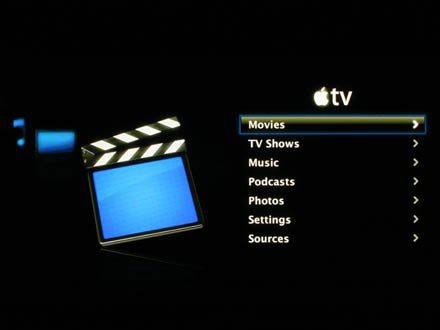TV innovation: Doomed to fail?

The number of companies trying to be TV innovators is long. Sony, TiVo, Roku, Apple and a bevy of other players have all tried to be TV contenders. All have failed in some respect. Frankly, until the go-to market issues are fixed TV innovation will die on the vine, said Apple CEO Steve Jobs.

The problems as outlined by Jobs:
- TV has a subsidized model "that gives everyone a set-top box" and no one wants to pay for one, said Jobs. Ultimately, that fact squashes innovation.
- There's a user interface rat's nest in TV systems. "All you can do is add on a box to the TV," said Jobs. "The only way it will ever change is go back to square one, tear up the set-top box and redesign it from scratch with a consistent UI and get it to consumers in a way that they will pay for it."
- A lack of standards. TV doesn't have a standard like GSM for mobile. You get a bunch of ports and then you're on your own.
- There are cable monopolies, local regulators and a morass of non-tech issues that go along with the TV industry.
Given the television realities---consumers don't want another remote or a set-top box---it's quite clear why Apple TV is a mere hobby. Your doomed to a world of multiple boxes, multiple remotes and multiple interfaces to loosely coupled technologies.
"The TV is going to lose until there is a viable go-to-market strategy. It's not a problem with technology or vision. It's a fundamental go to market problem," said Jobs.
It's hard to argue with Jobs' TV point. Many companies have tried to be TV players and many have failed. That trend is likely to continue and it's unclear whether the go-to market issues will ever be resolved.
In one key part of the interview, Jobs was struggling to describe the TV industry's problems. He first said it was like the Tower of Babel. Jobs then settled for a Balkanized reference. The more accurate description of TV technology would have started with cluster and ended in a word that rhymed with duck.